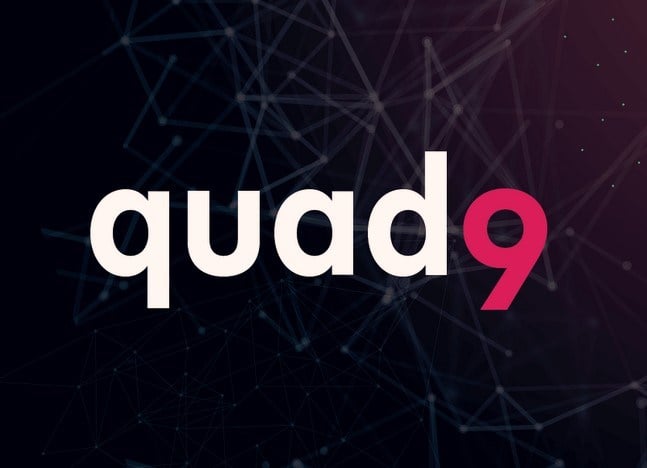Home > Anti-Piracy > Site Blocking >
Non-profit DNS resolver Quad9 reports that legal battles over pirate site blocking have become an "existential threat" to its service. In a recent blog post, the Swiss foundation argues that while tech giants like Google and Cloudflare can absorb the legal and engineering costs, smaller organizations cannot. The warning comes after Quad9 decided not to represent itself at a French court due to a lack of financial resources.
 In May 2024, the Paris Judicial Court ordered Google, Cloudflare, and Cisco to block access to several pirate sports streaming sites.
In May 2024, the Paris Judicial Court ordered Google, Cloudflare, and Cisco to block access to several pirate sports streaming sites.
The move was a major enforcement escalation by French rightsholders, but in hindsight it was only the beginning.
In the months that followed, additional rightsholders such as DAZN and beIN joined in on the action with similar requests, while more DNS providers were added as targets, including Quad9 and Vercel. This pitted notably smaller players against these billion-dollar companies in court.
An Existential Threat
Quad9 was no stranger to site blocking requests, having previously dealt with a similar legal battle in Germany. That said, for the small Swiss non-profit organization, these proceedings are more than a legal disagreement. They present an existential threat.
For billion-dollar tech companies Google and Cloudflare, dealing with these legal challenges is a nuisance, but they have the means to fight back. In a recent blog post, Quad9 explains that its foundation doesn’t have this luxury.
“For large commercial players such as Google, Cloudflare, or Cisco, these costs — legal, lobbying, or engineering — are absorbed as part of their business overhead.
“For small, mission-driven nonprofits like Quad9, they represent an existential threat,” the DNS provider adds.
Ideally Quad9 would like to defend itself in these blocking cases, as Google and Cloudflare have done. However, since it doesn’t have the financial resources to do so, it chose not to make an appearance in one of the recent site-blocking cases.
Breaking the Internet’s Plumbing
Quad9 argues that copyright holders are increasingly trying to hold neutral intermediaries liable for piracy. Instead of going after the infringers directly, ISPs, VPNs, and DNS providers have to take on the enforcement burden.
This is particularly problematic for smaller operations that, according to Quad9, simply don’t have the means to do so indefinitely. Not only that, by going after DNS providers, these orders also directly affect key internet infrastructure providers.
“Instead of targeting the platforms that profit from infringement, IP owners are increasingly going after the neutral infrastructure providers that simply make the internet work,” Quad9 writes.

In response to the French blocking efforts, Cisco decided to leave France, so the effects of these measures are already being felt.
Other companies, such as Google and Cloudflare, have the technical means to restrict the blockades to France, but not all providers can do so easily. That includes Quad9, which had no other choice than to apply the French blocking request worldwide.
Big Questions
In France, the courts have clearly decided that these blocking orders are warranted, and while some are under appeal, there’s no indication that they will be reversed anytime soon. That said, Quad9 believes that a broader discussion is warranted, and it poses several questions that go to the heart of how the internet should function.
In its blog post, the foundation asks, among other things:
“Should neutral, technical infrastructure be held responsible for the actions of others?”
“How far should courts reach across jurisdictions to impose national laws on global networks?”
“Can small nonprofits survive under legal obligations designed for global corporations?”
“What happens to privacy and resiliency when only a handful of corporations can afford to comply?”
“At what point does legal compliance become de facto censorship?”
These are not just rhetorical questions for the Swiss non-profit. After fighting and winning a multi-year, costly legal battle against Sony in Germany, Quad9’s “existential threat” has reemerged in France.
Ultimately, Quad9 warns that these blocking battles may lead to a less open, less private, and more centralized internet, leaving the “plumbing” in the hands of a few corporate giants who can afford to pay the legal bills.